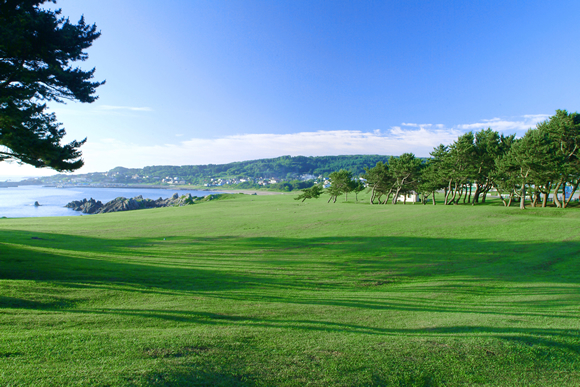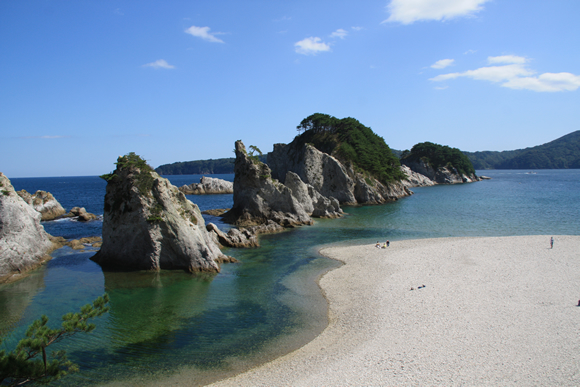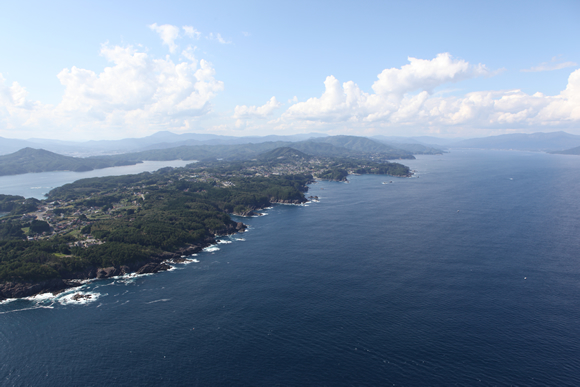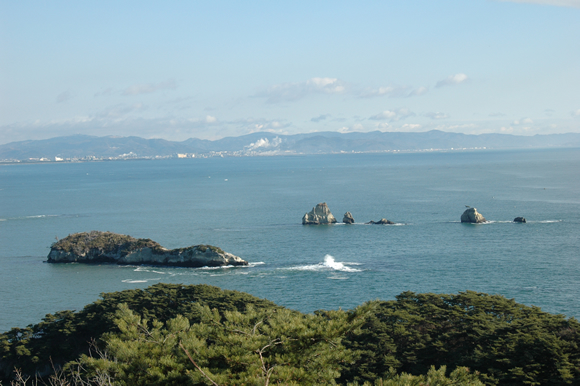| Day 1 | Day 2 | Day 3 | Day 4 | Day 5 | |
|---|---|---|---|---|---|
| Wed. 13 Nov. | Thu. 14 Nov. | Fri. 15 Nov. | Sat. 16 Nov. | Sun. 17 Nov. | |
| Morning | Plenary (9:00-11:00) |
Plenary (9:00-11:00) |
Excursions (Site-visit to Sanriku Fukko National Park) |
Plenary (9:00-12:00) |
|
| Lunch | Lunch (11:00-12:30) Poster session (11:00-12:30) Side events (11:15-12:15) |
Lunch (11:00-12:30) Poster session (11:00-12:30) Side events (11:15-12:15) |
"Toward the World Parks Congress 2014" (12:15-13:00) |
||
| Afternoon | Registration (13:00-16:00) Doors Open (15:00) |
WG Session (12:45-15:15) |
WG Session (12:45-15:15) |
||
| Evening | Opening ceremony (16:00-16:30) Keynote addresses (16:30-18:10) |
WG
Session (15:30-18:00) Youth Session (15:30-19:15) |
WG
Session (15:30-18:00) Youth Session (15:30-19:15) |
||
| Night | Reception (18:30-20:00) |
Side events (18:30-19:30) |
Side events (18:30-19:30) |
Remarks by organizers (Ministry of the Environment of Japan, IUCN)
Greetings by guests (Miyagi Prefecture, Sendai City)
Keynote addresses will be open to the public.
They will either reflect the congress theme of “Parks Connect” or be related to the concept of the Sanriku Reconstruction National Park. The following speakers will open the Congress.
In order to ensure sharing of information and a sense of purpose among participants, a plenary session will be held in prior to working groups on Day 2, Day 3 and Day 5. The following topics will make up the plenary sessions.
These six themes have been selected as a result of discussions held by the APC Steering Committee.
As the conference is to communicate from Asia to the world, presentations which specifically focus on Asian topics and the way forward are particularly welcomed. In addition to academic, administrative and business presentations are also welcome.
Both terrestrial and marine protected areas will be covered in all working groups.
To resister a presentation in a Working Group session, visit the Call for Presentations page.
The youth session is to create a forum for Asian young researchers to present their research on protected areas and discuss to convey message from youths to the congress participants in a form of the Youth Declaration. To resister a presentation in the youth session, visit the Presentation at the youth session page.
Spaces for posters to introduce initiatives for protected areas will be designated at the venue. Some of the spaces will be specially allocated to the protected areas in the Tohoku region including the Sanriku Reconstruction National Park, quasi-national parks, and prefectural natural parks in Japan, though other poster topics are welcomes. To register for a poster session, visit the Call for Presentations page.
Side events will be held on the evenings of the 14th and 15th, and have been allocated 90 minutes, from 18:30 to 20:00. To register for a side event, visit the Call for Presentations page.
Excursions are designed to introduce efforts and initiatives for the Sanriku Reconstruction National Park to Congress participants, in the field. Proposed programs include a site visit to the area’s unique natural landscapes and park facilities, meeting local stakeholders, experiencing local eco-tourism, and learning about the program for disaster prevention education. The following sites are on the itinerary.



